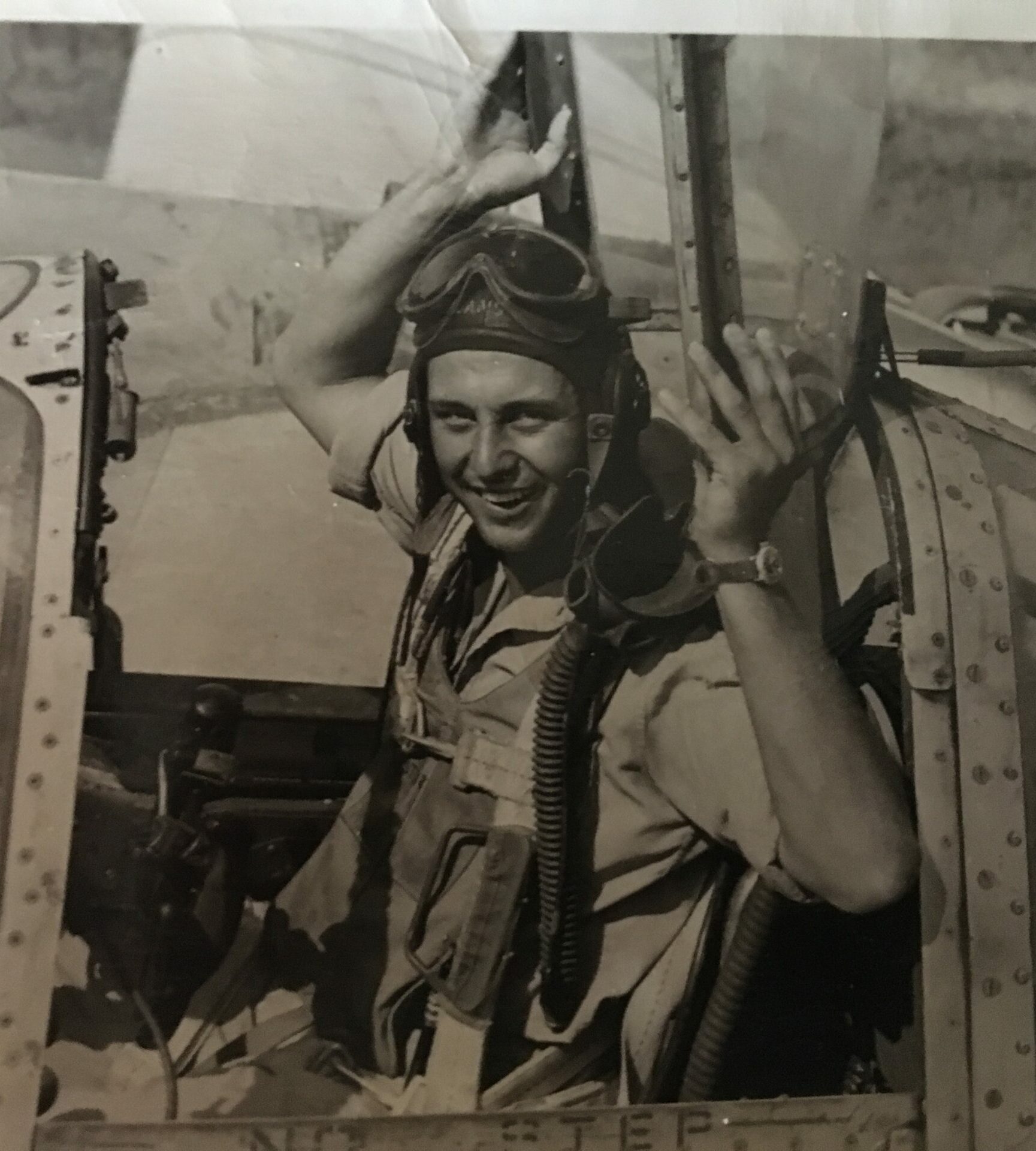Thomas Swanson was born in Minneapolis, MN, and grew up in Clarkston, Michigan, in a military family where hard work and discipline was stressed. Both of his parents served as officers and both were deployed in conflict. He grew up learning the power of discipline and hard work. His father flew the twin engine P-38 Lightning, winning 7 bronze stars and an Air Medal flying sorties in the South Pacific during World War II. His mother was an army nurse at Fitzsimmons Army Hospital, and was deployed with the 279th infantry division to Korea as a first lieutenant into heavy conflict. Due to this strong military tradition, Tom grew up learning riflery, archery, boxing, wrestling, athletics, and Aikido. He also began studying classical music for 12 years at the Clarkston Conservatory of Music, under Ivan Rouse, learning piano, music theory, and music appreciation.
The Swanson family owned the Pine Ridge Kennels, a racing sled dog training farm in Springfield Township, MI. Tom began running and training sled dogs at the age of 6, began competing at age 10, and by age 12 was winning professional races. Tom raced 6 years on the professional sprint racing circuit in Eastern North America, winning 3 midwest American Championships, and 2 podium finishes in the Canadian American championships. He ended his winning dog racing career at 17 to pursue medical school.
Tom graduated with honors from Eastern Michigan University with a Bachelor’s of Science degree in Biology. After leaving EMU, he attended graduate school at the University of Houston, studying marine biology. There he worked in the laboratory of Arnold Eskin, PhD, studying ther electrophysiology of circadian rhythms in marine mollusks. Dr. Swanson left graduate school to attend medical school at Wayne State University. While at WSU, he worked in the laboratories of John Phillis, DVM, the chairman of the department of physiology and Rob Berman, PhD. Dr. Swanson published his first original paper while a second year medical student on the anticonvulsant effects of adenosine in a rat model of epilepsy. As a senior in medical school Tom spent 2 months in the laboratory of Bertil Fredholm, PhD in the pharmacology department at the Karolinska Institutet in Stockholm. There he lstudied the pharmacology of caffeine and adenosine on living brain slices. While in medical school, he was elected to the National Dean’s List twice, graduated with honors, and won the G. Milton Shy award from the American Academy of Neurology, the highest award given to a medical student in North America, for his paper on Creutzfeld-Jacob Disease.
After graduating from medical school, Dr. Swanson completed an internship in internal medicine at the Henry Ford Hospital in Detroit and a residency in neurology at the Mayo Clinic in Rochester, MN. While at Mayo, he spent 10 months training in the EEG laboratory with Donald Klass, MD, Barbara Westmoreland, MD, and Greg Casino, MD. Tom published several more original papers during this time, and received an award from Abbott Pharmaceutical Company for his work on adenosine in epilepsy.
After his residency, Dr. Swanson was awarded a Dana Neuroscience Fellowship at the University of Pennsylvania. He worked as a post-doctoral fellow in the laboratories of Leona Masukawa, PhD and Marc Dichter, MD, PhD. While at Penn, Tom also trained in clinical epilepsy and EEG with Jackie French, MD and Mike Sperling, MD.
Following his fellowship, Dr. Swanson became an Assistant Professor at the Medical College of Pennsylvania in Philadelphia, and was fortunate to work with Rosalie Burns, MD, the chair person of Neurology. While at MCP, Tom was co-director the Mid Atlantic Regional Epilepsy Center. Tom left MCP to take a faculty position at the Cleveland Clinic. While at the clinic he received a career development award from the National Institutes of Health. This award and grants from the Michael Milken Family Foundation, the Epilepsy Society of America, The Grass Foundation, and the Doris Flynn Foundation allowed Dr. Swanson to establish a productive neuroscience laboratory which studied the actions of adenosine and caffeine in brain, using electrophysiologic, pharmacologic, immunocytochemical, confocal microscopic, and gene therapy techniques.
More recently he has been involved in epilepsy clinical research. He has been the principal investigator on several clinical trials in epilepsy, and has helped develop over half a dozen epilepsy monitoring units for various hospital systems in Ohio and Montana. Tom is a been on the Professional Advisory Board of, and named a “key opinion leader” by, several large pharmaceutical companies. Since moving to Montana in 2008, Dr. Swanson has established the Montana Comprehensive Epilepsy Program. With strong connections at major research institutions such as the University of Washington and Seattle Children’s Hospital, he has been able to build an extraordinarily high quality comprehensive epilepsy program for Montanans.
Tom has a very strongly commitment to his loving and supporting family, including his 3 children. He is passionate about animal rescue and welfare, human rights, skiing, piano, and fast cars.





